6 Side Effects Of Eating Too Many Prunes
A seemingly harmless dried fruit that can adversely affect your body when over-consumed.
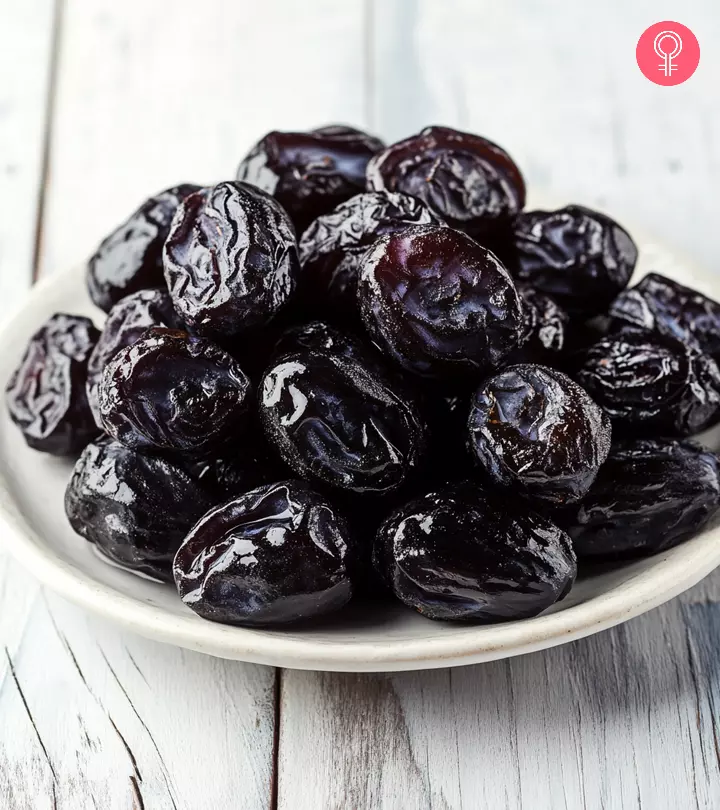
Image: Midjourney/ StyleCraze Design Team
Many of the side effects of prunes may cause you to think twice before overconsuming this natural laxative. These cousins of the plum typically come in dried form. You can use these fruits in sweet and savory dishes like stews, North African tagines, compote tzimmes, cakes, and soups.
Prunes are a common home remedy for constipation. Children and adults alike can use prune juice to treat constipation. However, taking this fruit in excess may adversely affect your body. This article examines the side effects of prunes and their scientific basis. Take a look below.
 Know The Flip Side: Prunes
Know The Flip Side: PrunesShort-Term Effects
May cause weight gain, dark stools, and bloating.
Long-Term Effects
May cause cancer and diarrhea.
Drug Interactions
May interact with blood thinners.
When To See A Doctor
If you get allergic reactions like itching and inflammation in the mouth and throat, you must consult a doctor immediately.
In This Article
What Are The Side Effects Of Eating Too Many Prunes?
Prunes do make your bowel movements smoother and may aid in weight loss when included in a healthy diet. But like everything else in nature, prunes too can cause a few side effects if consumed in excess for too long. Also, your overall health, medical history, and medications also determine how intake of prunes can affect you.
Alicia Chacha Miller, MS, RD, LDN, says, “While prunes can support digestive health, they may not be ideal for everyone. People with IBS or IBD might find that the fiber and natural sugar alcohols in prunes cause bloating or discomfort. Prunes also contain vitamin K, which can interfere with blood-thinning medications, so it’s important to be mindful if those types of medications are a regular part of your regimen. And for individuals navigating blood sugar challenges, it may be helpful to enjoy prunes alongside a source of protein or fat to help balance blood sugar levels.”
She adds, “A general guideline is around 4 to 5 prunes a day, but everyone’s body is different, so it’s best to monitor how you feel and check in with your healthcare provider if you have specific concerns.” Here are a few side effects of eating prunes:
1. Dangers Of Acrylamide
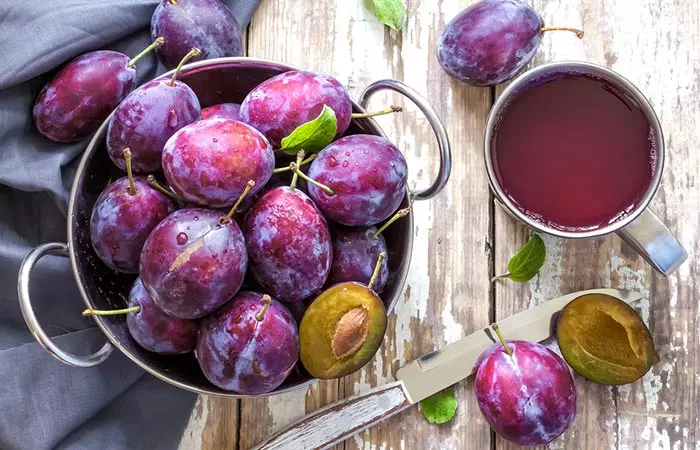
Prunes contain a high concentration of acrylamide, which is considered a carcinogen and a neurotoxin (1). Acrylamide is not naturally found in normal food, except when it is cooked at temperatures above 100° C.
According to the Food and Agriculture Organization, the amount of acrylamide required to cause neuropathic harm is about 500 times the daily dietary intake. So, consuming prunes is relatively safe. However, the carcinogenicity is a concern as prunes were found to be highly carcinogenic to the animals that were tested in labs.
2. Prunes Can Cause Diarrhea

If you have ever wondered ‘Do prunes make you poop?’ They do. If consumed in excess, the insoluble fiber in prunes can cause or worsen diarrhea. This is why you need to avoid them when you have diarrhea (2). There have also been certain cases of people who had experienced diarrhea post the ingestion of prunes and prune juice (3). While prune juice for constipation is an effective natural remedy, consuming too many prunes may cause potential side effects. But why do prunes make you poop and worsen diarrhea? This can be attributed to the laxative property of prunes. They are natural laxatives as they contain a laxative compound called sorbitol. So, an unregulated dose or having too many of these fruits can easily lead to diarrhea, electrolyte imbalance or even an allergic reaction.
Some sources also talk about the dietary fructose intolerance found in many individuals, which can also lead to abdominal pain and diarrhea. Prunes contain high amounts of sugar, which might trigger such a problem.
3. May Lead To Weight Gain

One serving of 6 uncooked prunes contains 137 calories and 22 grams of sugar. That sure is a little on the higher end. And a one-cup serving of prune juice contains about 185 calories. Some believe that the fiber in prunes can promote satiety and possibly help with weight loss. However, taking them in excess can have the opposite effect.
Prunes also have a high glycemic load (how much any particular food will raise a person’s glucose levels post consumption) (4). This means overconsuming prunes can elevate your blood sugar levels more than most other fruits.
4. May Cause Intestinal Gas And Bloating

Prunes are nutritious and can be beneficial for digestion and weight loss. However, excess consumption of prunes may result in gastrointestinal issues. They contain complex carbohydrates and sugars that do not completely break down in the digestive tract (5). So, when the sugars reach the colon, the bacteria start feeding on these undigested carbohydrates.
These bacteria are responsible for intestinal gas and bloating. This can also lead to farting. You can take alpha-D-galactosidase before eating prunes as it reduces intestinal gas by breaking down the complex carbohydrates before they reach your gut.
5. May Lead To Laxative Dependency

Prunes are mostly used as irritant laxatives. However, those who suffer from frequent constipation should not rely on prunes completely to clear their digestive system. This can lead to laxative dependency after a certain period of usage, which can aggravate the condition and cause nutrient deficiency among other complications (6).
@Sectioned, a mental health blogger, explained how she found out about the laxative effect of prunes. She says, “Don’t take too many. Once, before I knew the laxative effect of prune juice, I drank a whole liter in one go. That’s how I know it works. Now, I just drink a glass (i).”
 Trivia
Trivia6. May Cause Dark Stools
Prunes are rich in iron and, like most iron-rich foods, can cause dark stools if taken in excess.
7. May Cause Some Issues During Pregnancy
Prunes are high in sugar and calories (7). While they can be a healthy snack option, their excessive consumption may lead to weight gain in pregnant women. However, limited data is available in this regard. They are also rich in dietary fiber and consuming them in excess may lead to several digestive issues. While pregnant women are sensitive to changes in their digestive system, it is important to eat prunes in moderation to prevent these issues.
In addition, prunes have a moderate glycemic index that may cause a gradual increase in blood sugar levels (8). Hence, it is essential to monitor the intake of prunes, especially if you are a pregnant woman with gestational diabetes or are at high risk of developing it.
Prunes have their own set of side effects, but you can still consume them in moderation. Also, consult your doctor if you experience any side effects from eating prunes. Learn more in the next section.
Key Takeaways
- Prunes are high in calories and eating them in excess may cause one to gain weight. Their high fiber content also contributes to gastrointestinal issues, such as diarrhea.
- It may cause gas and bloating in some people if they consume it in excess amounts due to their carbohydrate percentage.
- In addition, prunes may cause dark stool if consumed in excess due to high iron content.
When To Consult A Doctor
It is important to consult a doctor if you experience side effects from consuming prunes, such as:
- Persistent diarrhea, severe abdominal pain, or prolonged bloating.
- Since prunes are high in sorbitol and fiber, they may upset your stomach if you overeat them, especially if you have diabetes or IBS.
- Consult a doctor right away if you experience adverse reactions including itching, swelling, or breathing difficulties.
- If you are on blood thinners, consult a doctor to ensure prunes are not affecting how well they work.
Consulting a healthcare professional can help address these concerns and determine if prunes are suitable for your diet.
Note: If you want to reduce the adverse effects of prunes, consume them in smaller quantities, such as 1–2 prunes per day. Soaking them in water before consumption can make them easier to digest. In addition, drink plenty of water while eating prunes to help prevent bloating and aid digestion.
Infographic: When You Should Avoid Eating Prunes Or Exercise Caution
Prunes can have some adverse effects when consumed in excess. That does not, however, discount their many beneficial effects on the body. The trick, thus, is to consume them in moderation. But some individuals may be more sensitive to prunes than others due to their nutrient profile. Check out the infographic to find out who should avoid eating prunes or exercise caution before adding them to their diet.
Some thing wrong with infographic shortcode. please verify shortcode syntax
 Quick Tip
Quick TipPrunes are a delicious addition to confectioneries, however, excess consumption may lead to adverse reactions. The side effects of prunes range from causing digestive discomfort and diarrhea to unwanted weight gain and dehydration. The consumption of prunes in excess can have detrimental effects on your gut health. It may cause gas, bloating, or darken your stools. Usually, prunes are consumed for their natural laxative effects, however, one can become dependent on them and this may result in many complications. If possible, try to limit your intake or stay away from it entirely to avoid such issues.
Frequently Asked Questions
What are the best ways to consume prunes for health benefits?
Prunes can be eaten on their own as a snack, added to smoothies, or chopped up to pair with oatmeal and yogurt for breakfast. You can also incorporate them into baked goods or salad recipes to enjoy their health benefits, which include improved digestion and increased fiber intake (9).
Can diabetics eat prunes?
“Yes. Since prunes are rich in soluble fiber content, this slows down the absorption of the natural sugar they contain. They are low-glycemic fruits, perfect for people with diabetes. But it’s essential to note that quantity is important. If someone with diabetes eats too many prunes, their sugar intake may be too high. So, two to three prunes per day is a good serving size for people with diabetes,” says Eva De Angelis, Dietitian Nutritionist.
Can dried prunes cause acid reflux?
Eva De Angelis says, “It depends. While some foods have been linked to acid reflux, the effects can be different for different people. And this also applies to prunes. For some, this dried fruit can be a healthy choice and even make them feel better. Yet, for others, prunes can lead to acid reflux.”
Are dried prunes unhealthy?
“No. Prunes made just from plums, with no added sugar, are nourishing and rich in fiber, calcium, boron, and potassium, all essential minerals for bone health. A serving size of 5 to 6 prunes per day is a good amount. Yet, like any dried fruit, they are high in natural sugars, so eating too much can be detrimental.” says Eva.
What happens if you eat prunes every day?
Prunes are loaded with many beneficial nutrients. However, eating them in excess may cause diarrhea.
Can prunes give you a stomach ache?
Prunes contain sorbitol, which is hard to digest for some people. This may trigger stomach aches, bloating, and mild nausea.
Are prunes good for IBS?
Eva De Angelis says, “This greatly depends on each individual and on the type of IBS they have. For example, if you have IBS with mostly constipation, prunes can act as a natural laxative due to their high fiber content. But if you experience IBS with mostly diarrhea, they are not the best choice.”
Illustration: Side Effects Of Eating Too Many Prunes
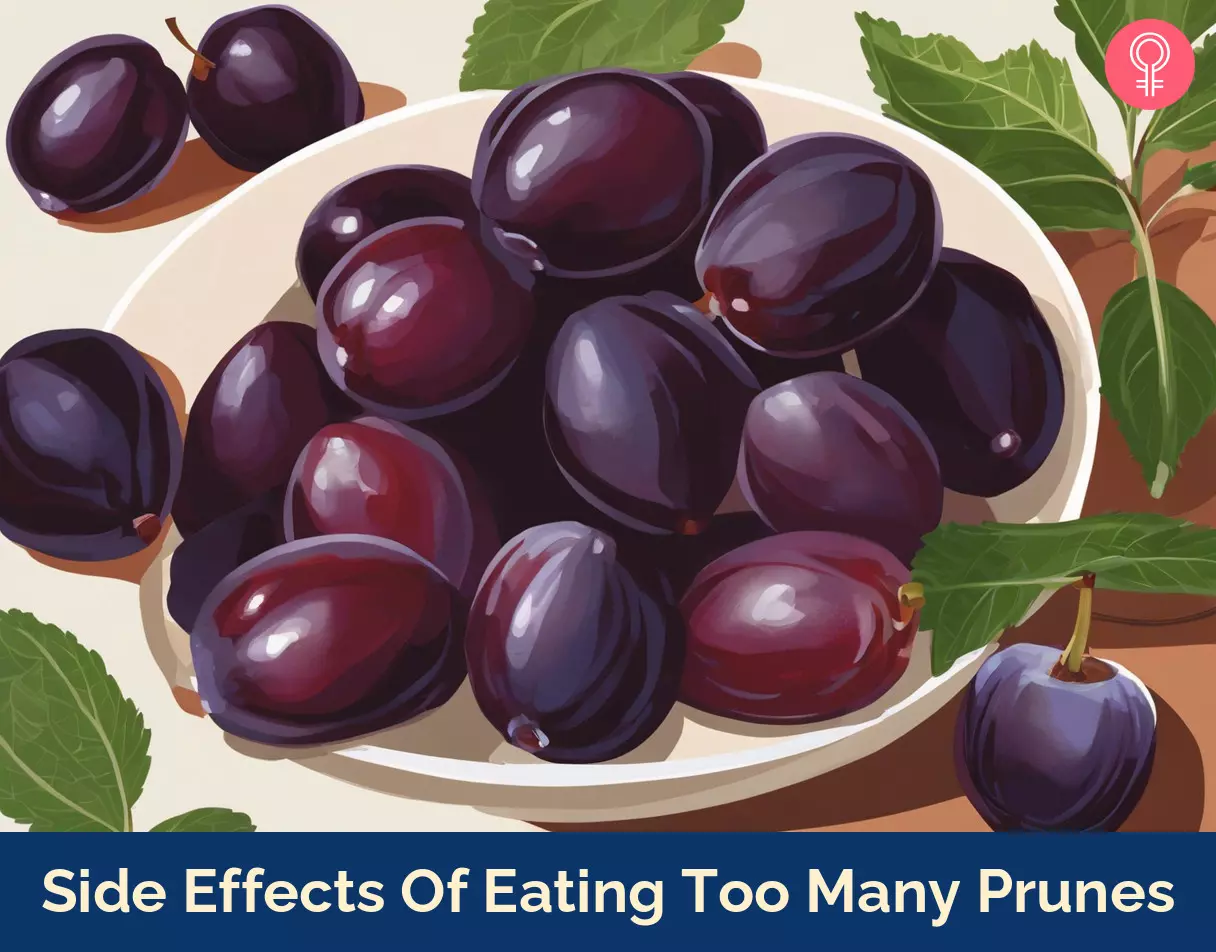
Image: Stable Diffusion/StyleCraze Design Team
Discover the potential side effects of eating too many prunes. Watch the video below to know how this delicious fruit can affect your health and well-being.
Personal Experience: Source
StyleCraze's articles are interwoven with authentic personal narratives that provide depth and resonance to our content. Below are the sources of the personal accounts referenced in this article.
i. Constipation: embarrassment, discomfort … and Poo Pride!;https://sectioneduk.wordpress.com/2013/04/14/constipation-embarrassment-discomfort-and-poo-pride/
References
Articles on StyleCraze are backed by verified information from peer-reviewed and academic research papers, reputed organizations, research institutions, and medical associations to ensure accuracy and relevance. Read our editorial policy to learn more.
- “Acrylamide and cancer risk.” National Cancer Institute.
- “When you have diarrhea.” US National Library of Medicine.
- “Factitious diarrhea.” US National Library of Medicine.
- “Changes in intake of fruits and…” US National Library of Medicine.
- “Bloating 101: Why you feel bloated.” WebMD.
- “Constipation in older adults.” US National Library of Medicine.
- “Plums, dried (prunes), uncooked” USDA.
- “Fruit consumption and risk of type 2 diabetes: results from three prospective longitudinal cohort studies” US National Library of Medicine.
- “The effect of prunes on stool output, gut transit time and gastrointestinal microbiota: A randomised controlled trial” US National Library of Medicine.
Read full bio of Madhu Sharma
- Alicia Chacha Miller is a Registered Dietitian specializing in maternal and pediatric nutrition. She obtained her Master's degree in Nutrition Sciences from the University of Southern California. Her work is focused on bridging the gap in health disparities between BIPOC (Black, Indigenous, and People of Color) and other races by making nutrition education available, accessible, and easy to understand. She is the founder of The Cardamom Nutrition, where evidence-based practice, diversity, inclusion, cultural competence, and compassion all collide.
 Alicia Chacha Miller is a Registered Dietitian specializing in maternal and pediatric nutrition. She obtained her Master's degree in Nutrition Sciences from the University of Southern California. Her work is focused on bridging the gap in health disparities between BIPOC (Black, Indigenous, and People of Color) and other races by making nutrition education available, accessible, and easy to understand. She is the founder of The Cardamom Nutrition, where evidence-based practice, diversity, inclusion, cultural competence, and compassion all collide.
Alicia Chacha Miller is a Registered Dietitian specializing in maternal and pediatric nutrition. She obtained her Master's degree in Nutrition Sciences from the University of Southern California. Her work is focused on bridging the gap in health disparities between BIPOC (Black, Indigenous, and People of Color) and other races by making nutrition education available, accessible, and easy to understand. She is the founder of The Cardamom Nutrition, where evidence-based practice, diversity, inclusion, cultural competence, and compassion all collide. - Eva De Angelis is a Dietitian Nutrionist from Argentina. She specializes in food and nutrition education, and healthy cooking. She has a Bachelor’s degree in Human Nutrition and Dietetics from ISalud University, a postgraduate certificate in Nutrition, Gastronomy, and Health, a culinary diploma, and an intermediate-level technical degree in Food Science.
 Eva De Angelis is a Dietitian Nutrionist from Argentina. She specializes in food and nutrition education, and healthy cooking. She has a Bachelor’s degree in Human Nutrition and Dietetics from ISalud University, a postgraduate certificate in Nutrition, Gastronomy, and Health, a culinary diploma, and an intermediate-level technical degree in Food Science.
Eva De Angelis is a Dietitian Nutrionist from Argentina. She specializes in food and nutrition education, and healthy cooking. She has a Bachelor’s degree in Human Nutrition and Dietetics from ISalud University, a postgraduate certificate in Nutrition, Gastronomy, and Health, a culinary diploma, and an intermediate-level technical degree in Food Science.
Read full bio of Ravi Teja Tadimalla
Read full bio of Arshiya Syeda
Read full bio of Sindhu Koganti







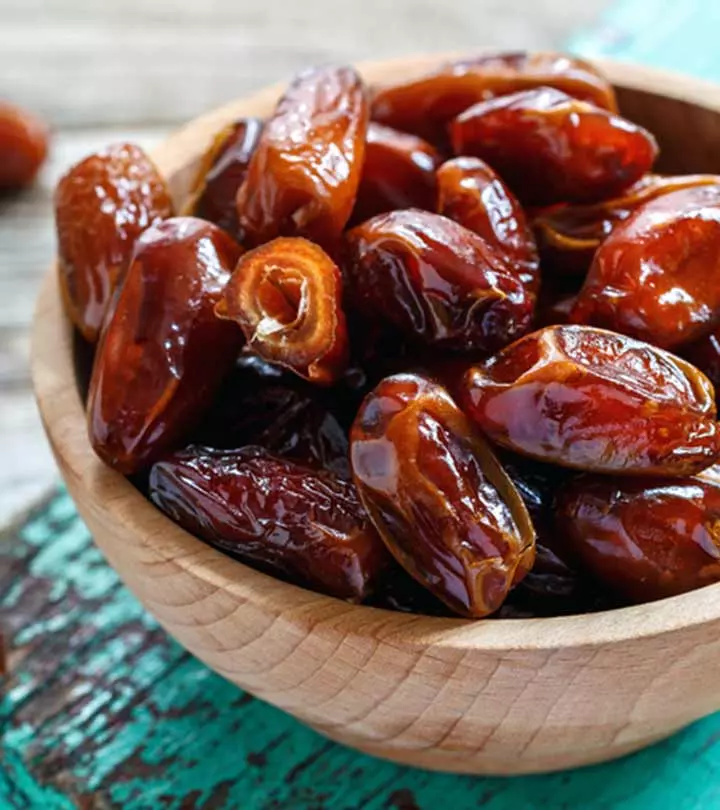
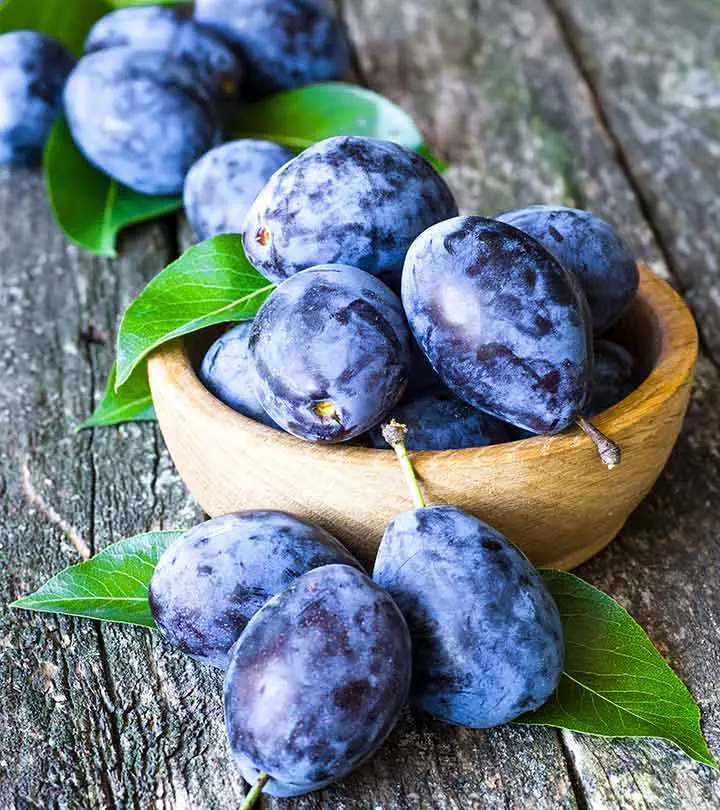
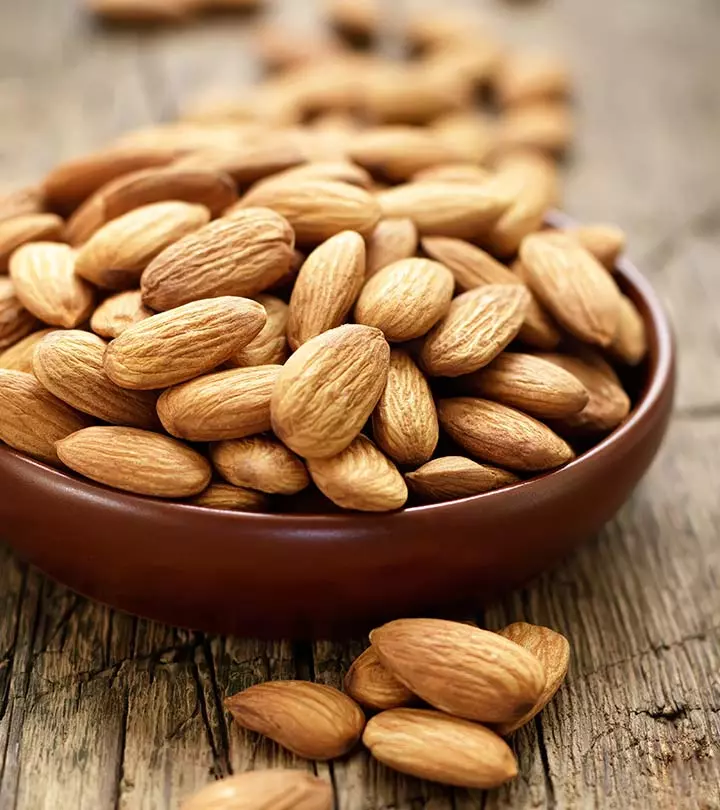
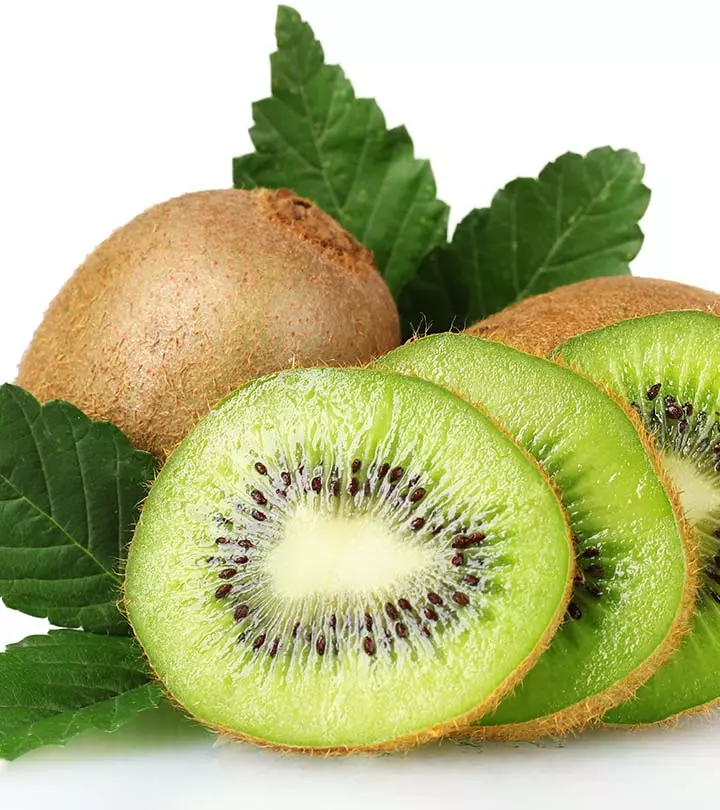
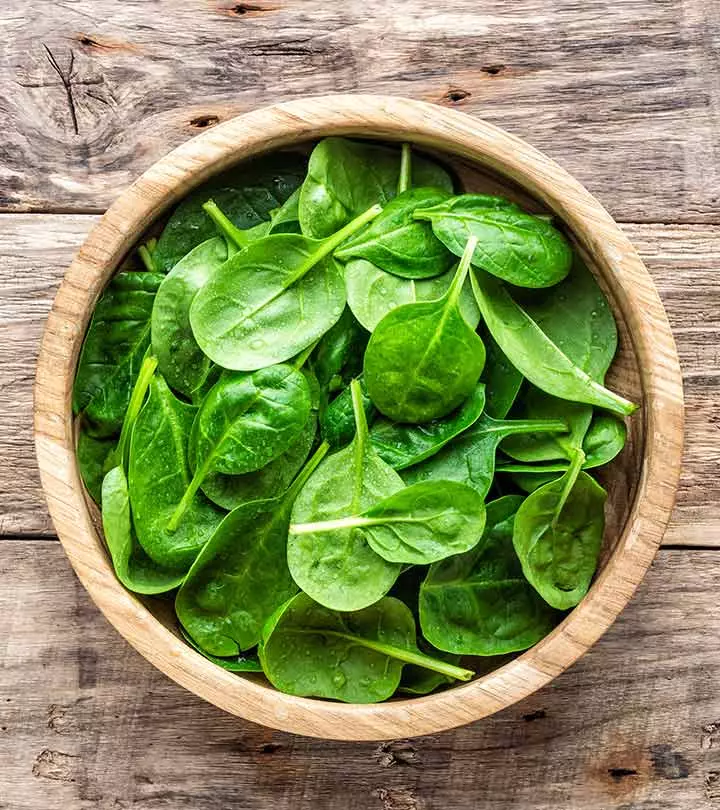
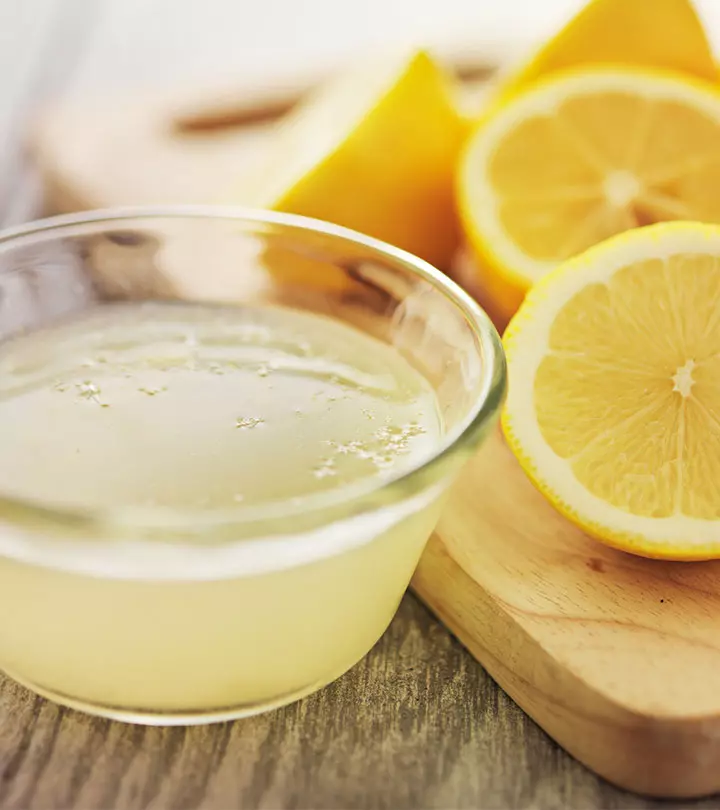
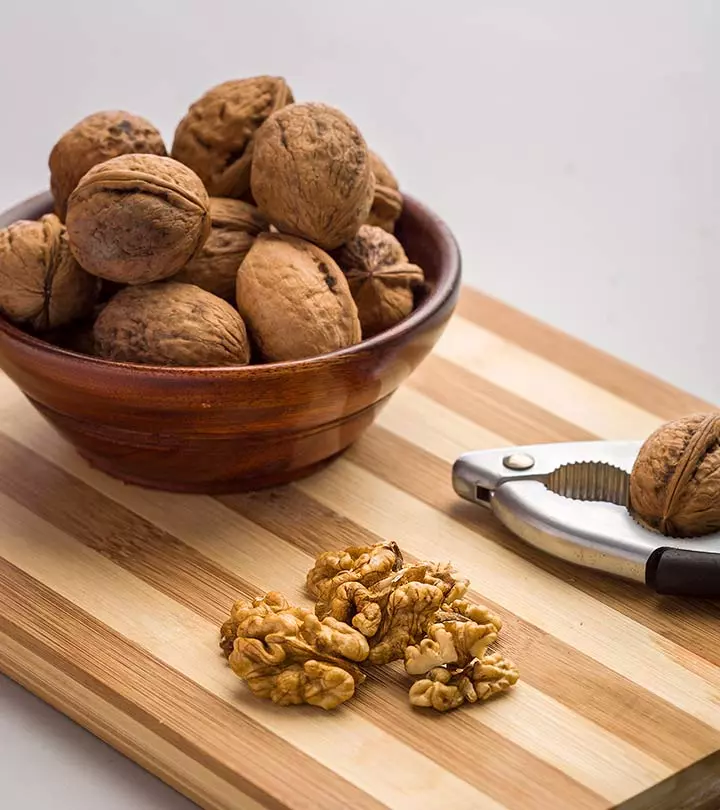
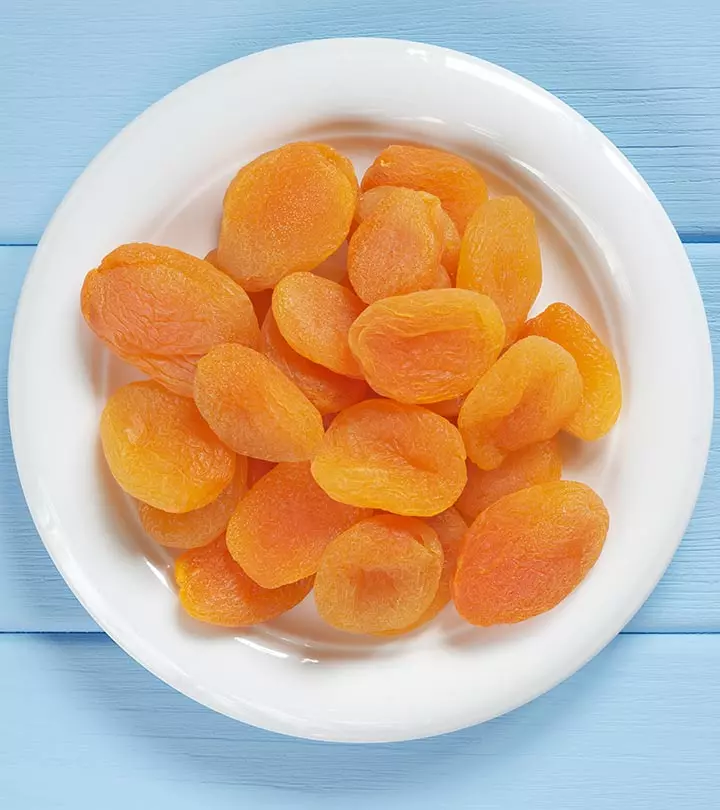
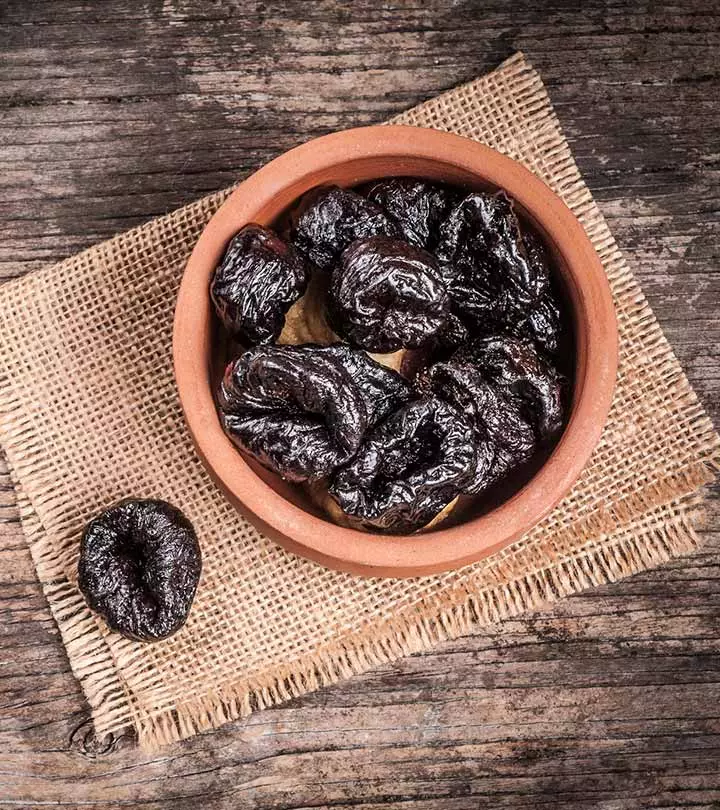

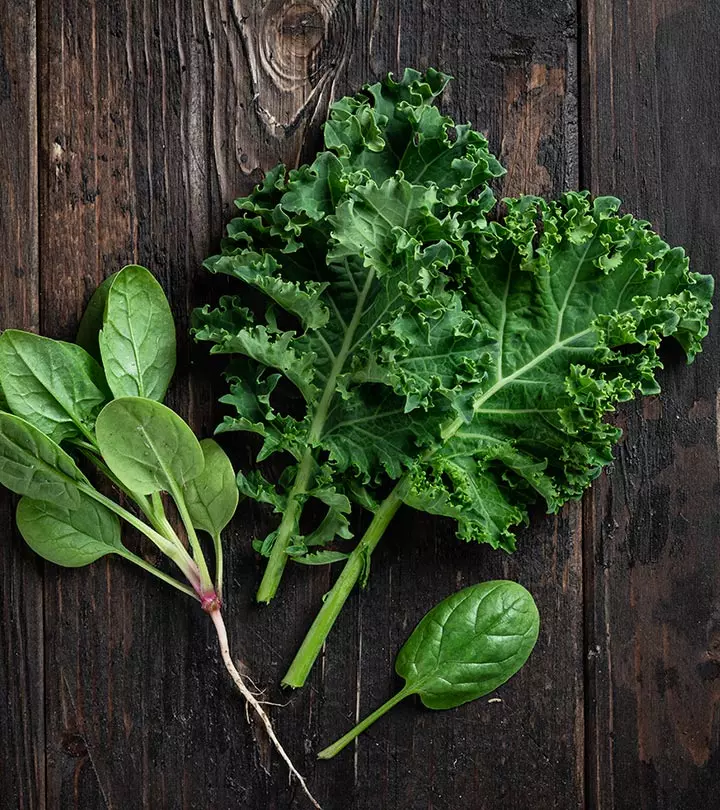
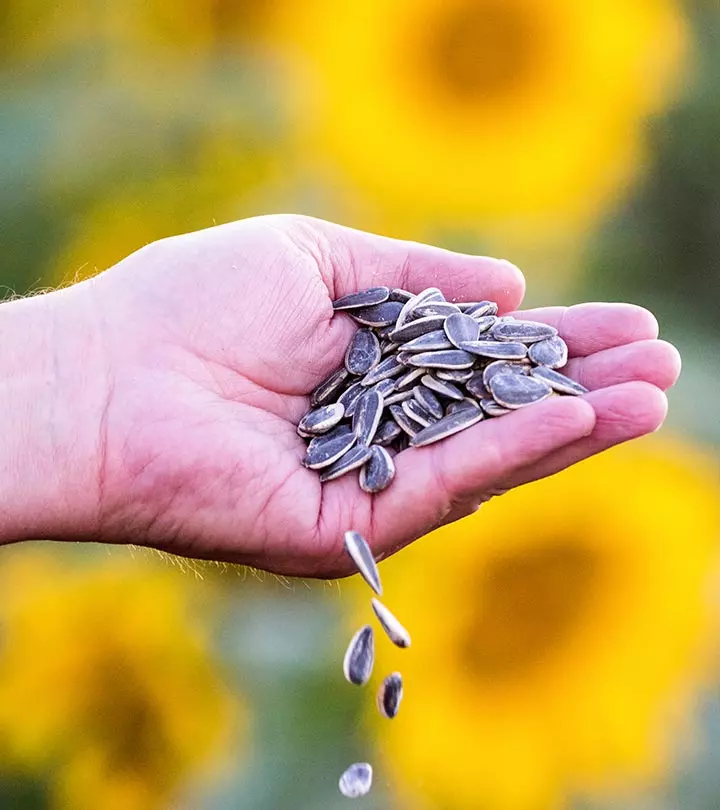
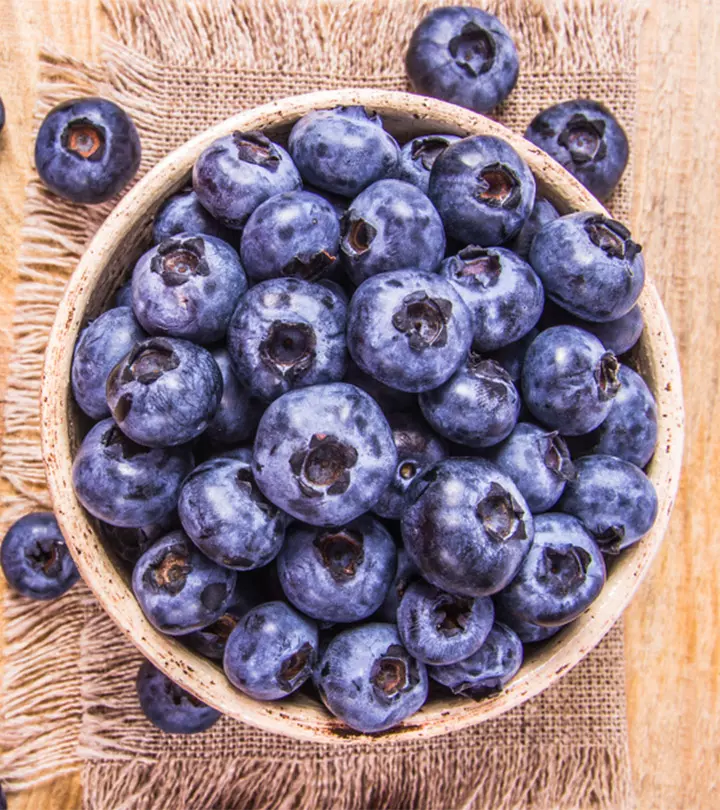

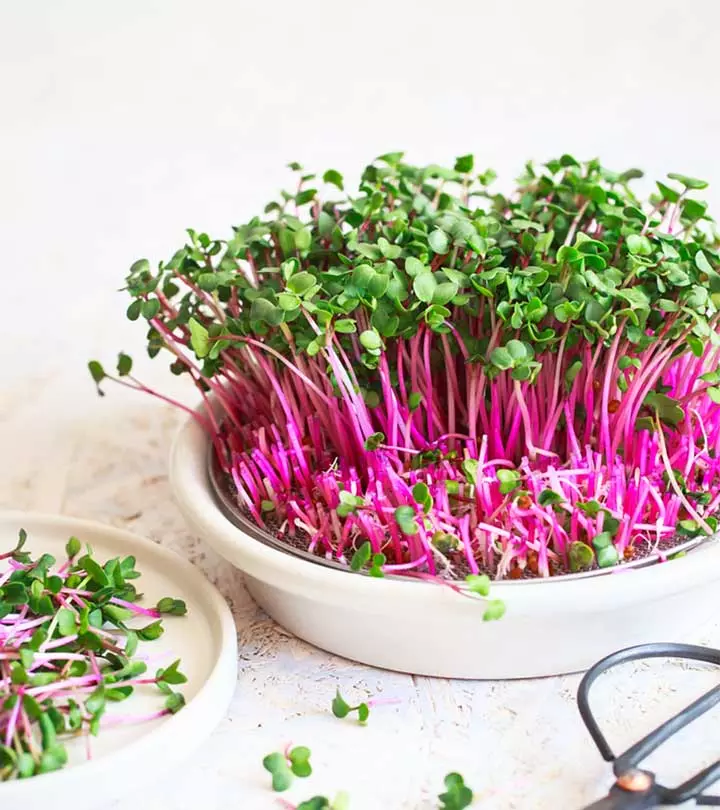
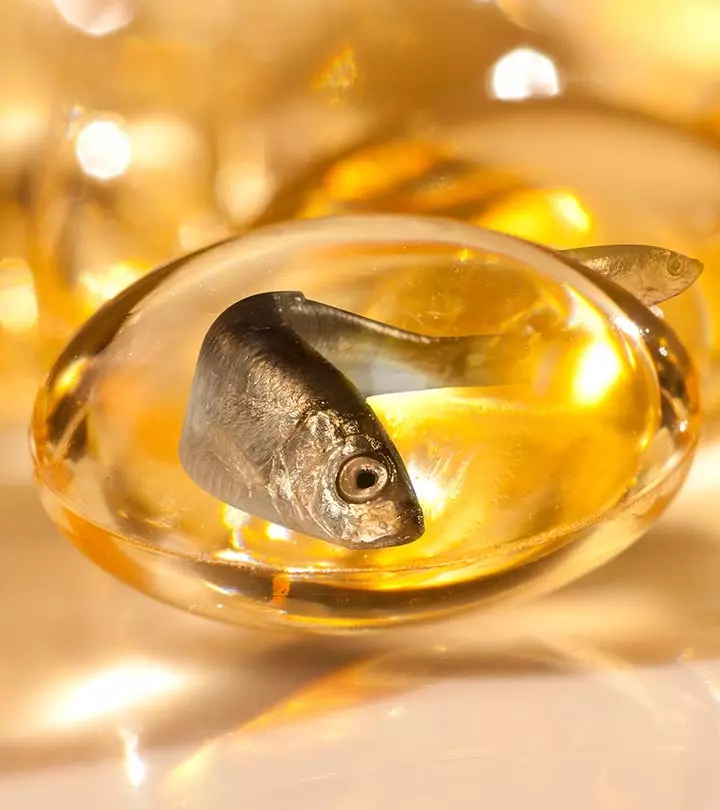



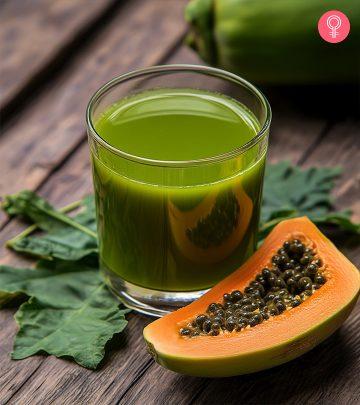
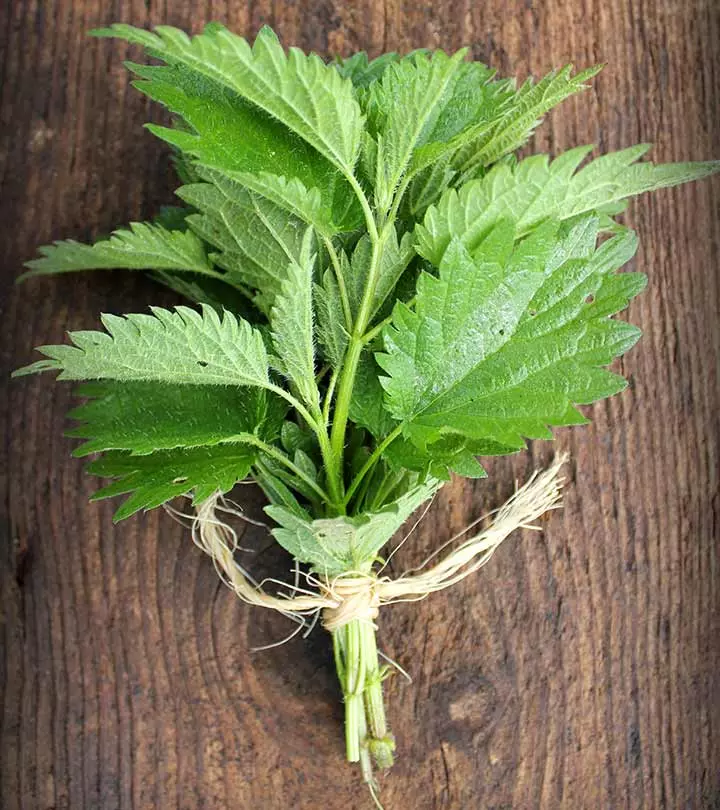
Community Experiences
Join the conversation and become a part of our empowering community! Share your stories, experiences, and insights to connect with other beauty, lifestyle, and health enthusiasts.